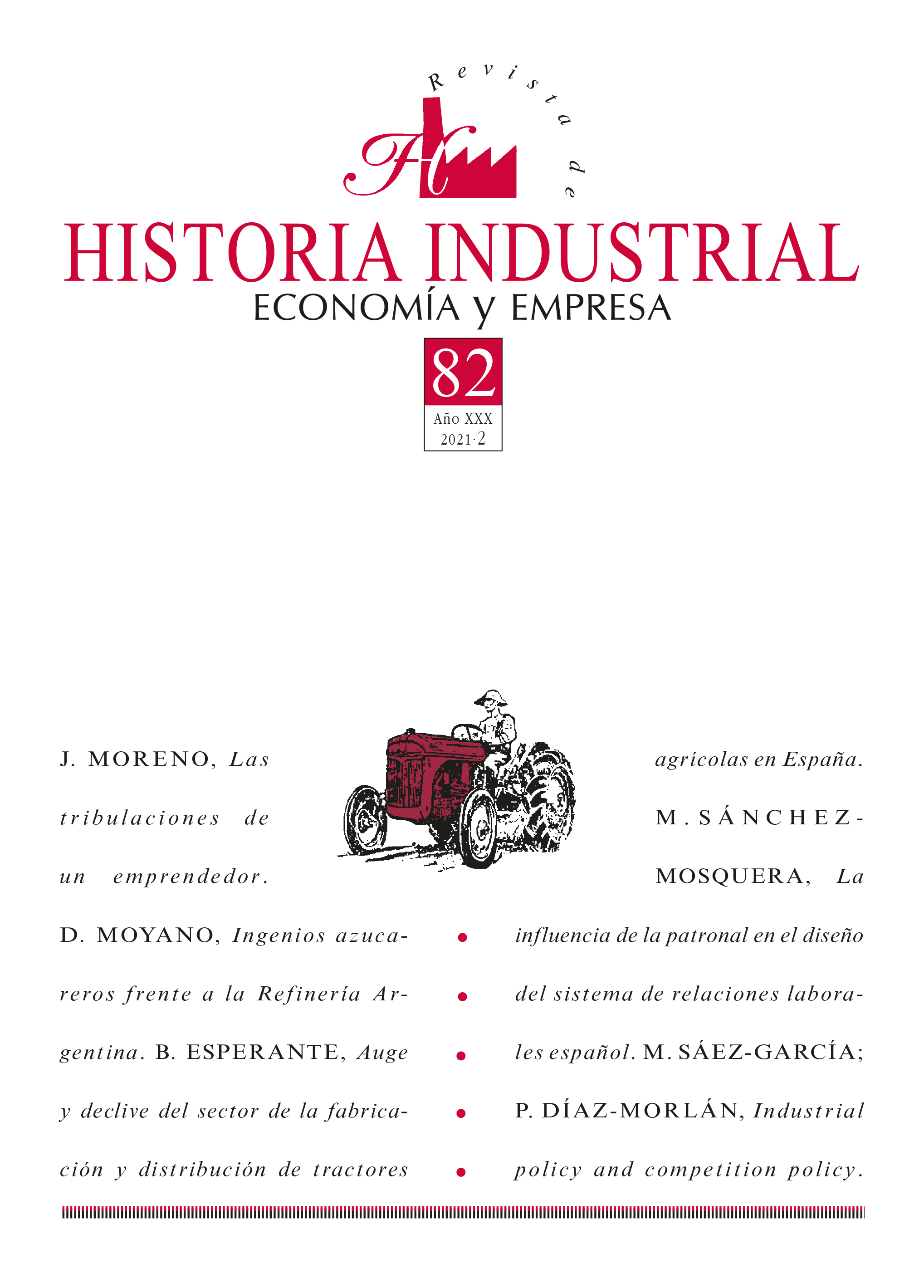On “flexibility of the workforce”. Employers’ influence on the design of the Spanish labour relations system, 1979-1986
DOI:
https://doi.org/10.1344/rhiihr.v30i82.31620Keywords:
CEOE, transition to democracy, labour relations system, labour policies, corporatism, collective bargainingAbstract
The article analyses the influence of the Confederación Española de Organizaciones Empresariales (CEOE) on the design of the labour relations system during the transition to and the beginning of democracy in Spain. Despite a weak starting position, with a very rigid hiring system, rising labour costs, heavy conflict and the lack of a reference political party, the CEOE managed to influence labour policies and an institutional design favourable to its interests as an organization and those of whom it represented. In achieving these objectives, it was notably favoured by union competition and the first socialist government’s drive for liberalization. The result was a more flexible system, although strongly fragmented and not well articulated; compatible with corporate governance, moderate labour and social costs, and low and declining conflict.
Downloads
Downloads
Published
How to Cite
Issue
Section
License
Copyright (c) 2021 Revista de Historia Industrial. Economía y Empresa

This work is licensed under a Creative Commons Attribution 4.0 International License.
The author assigns all rights to the publisher. Creative Commons
The author who publishes in this journal agrees to the following terms:
- The author assigns all intellectual property rights exclusively to the publisher for the entire duration of the applicable intellectual property rights.
- The publisher will distribute the texts under the Creative Commons Attribution License, which allows others to share the work, provided that they acknowledge the authorship, its initial publication in this journal, and the conditions of the license.





